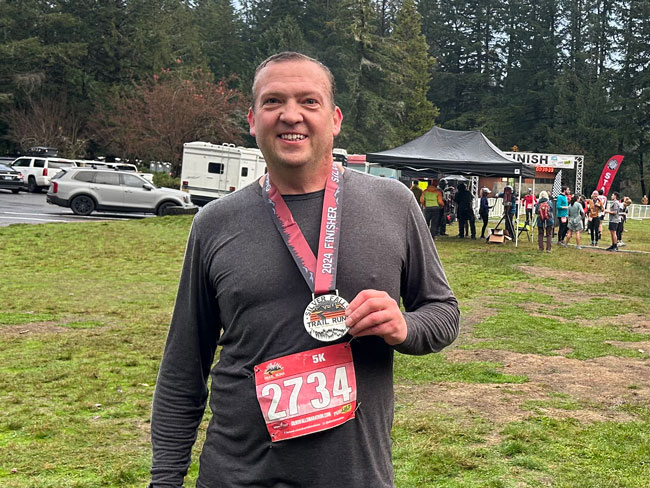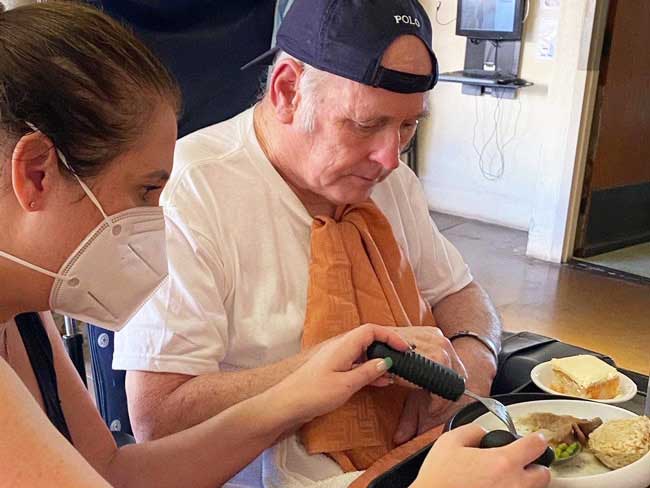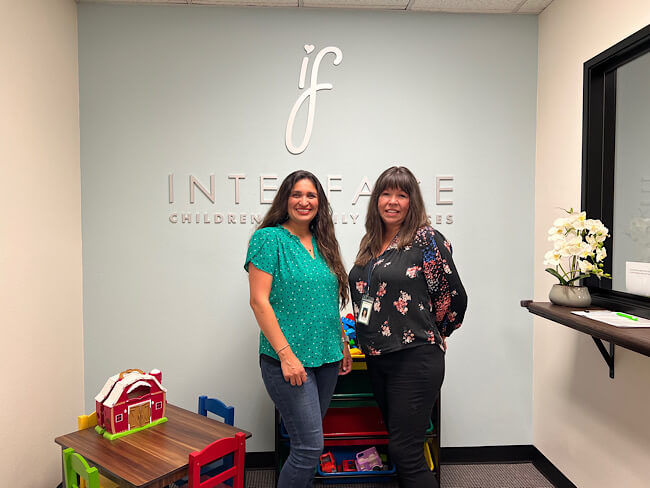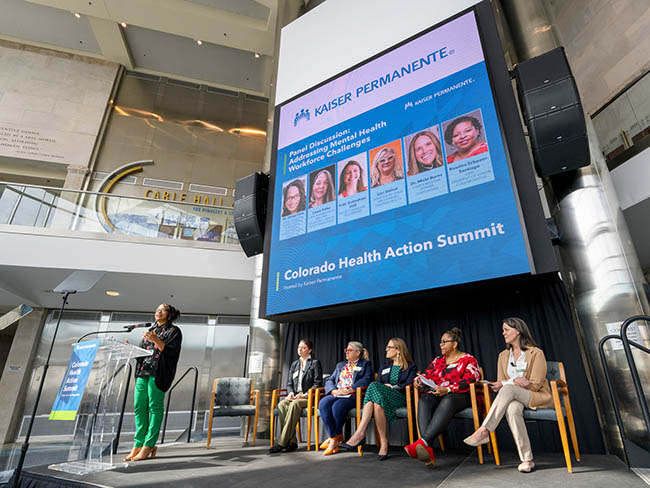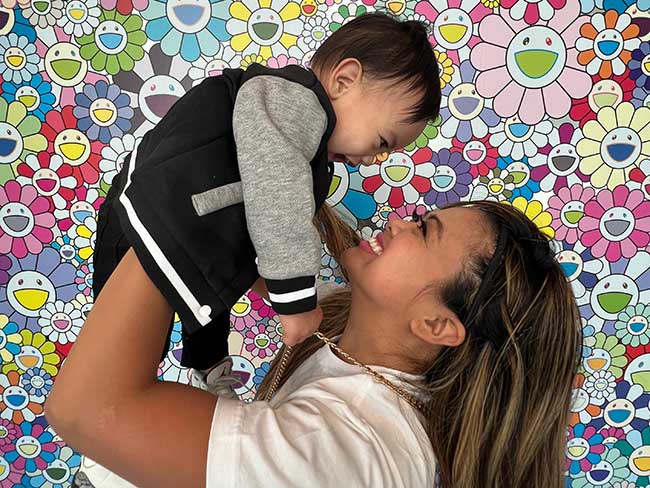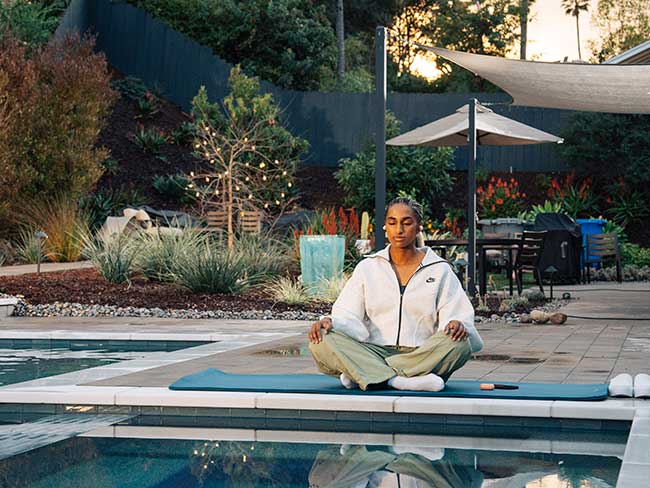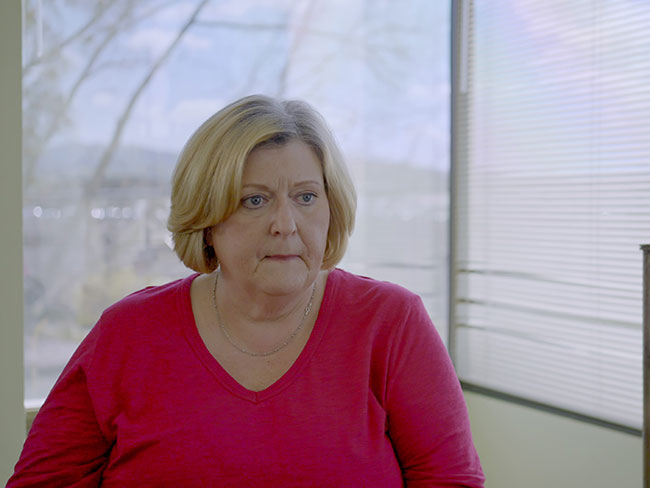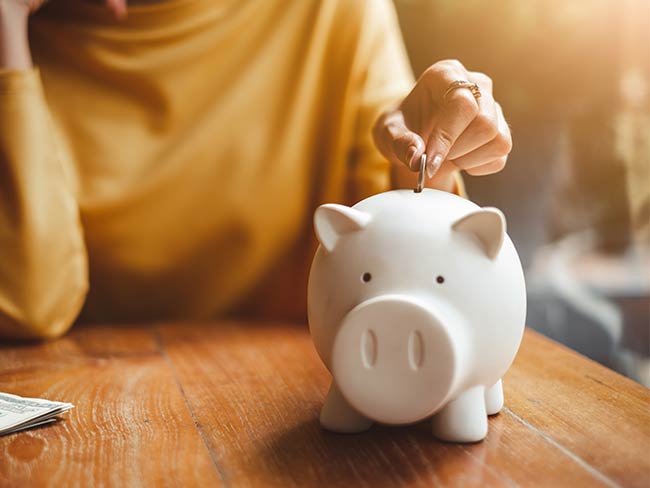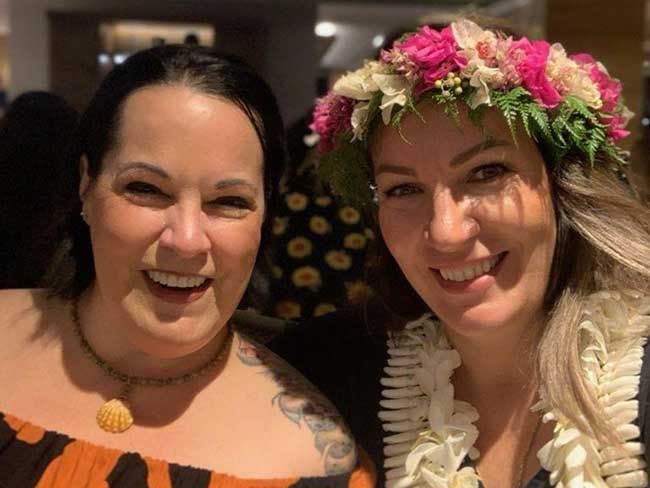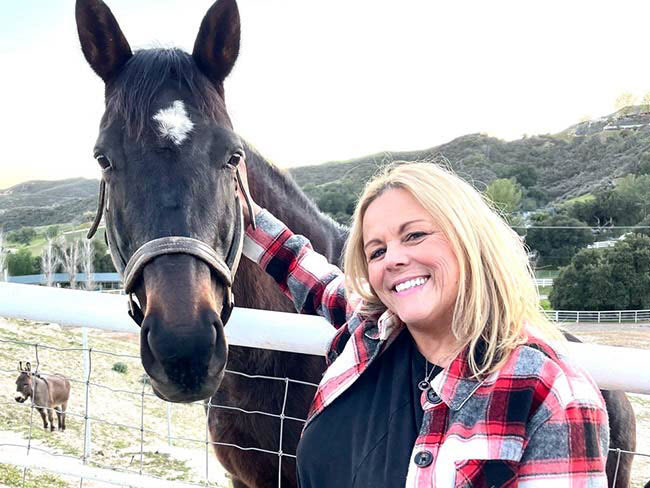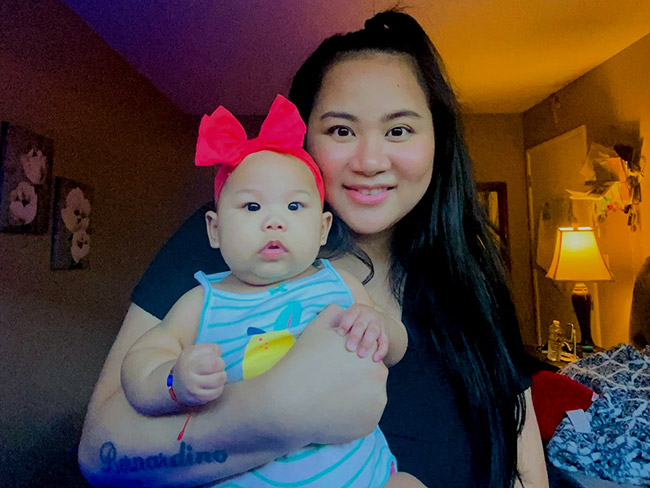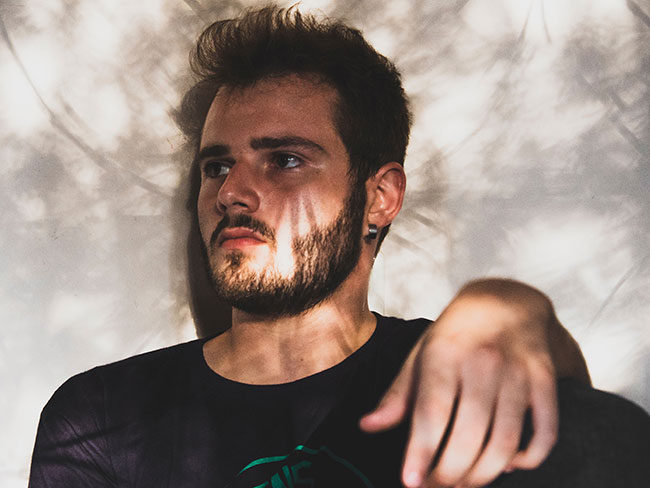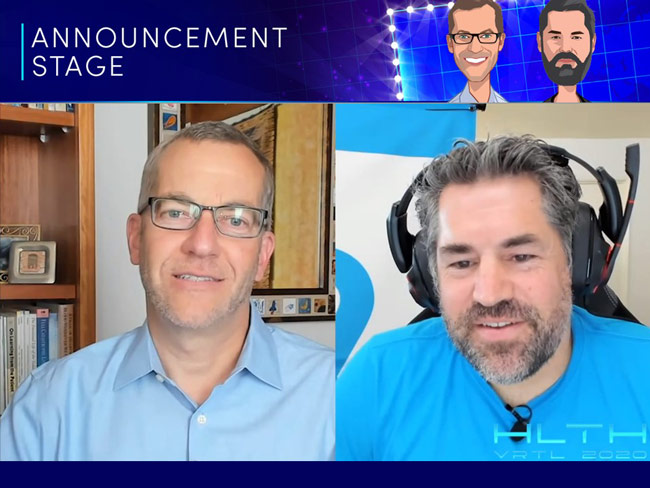Exploring your relationship with alcohol
If you're rethinking your habits, here are some questions to keep in mind.
Reflecting on habits and patterns can give you a clearer picture of how big a role alcohol plays in your life.
The sober curious movement and the rise of Dry January and Sober October are clear signs that people are taking time to step back and examine their relationships with alcohol. Weekend cocktails, a pint of IPA after work, or splitting a bottle of wine with friends may lead people to wonder just how big a role alcohol plays in their lives.
Kate Marshall, MD, chief of addiction medicine at Kaiser Permanente in Portland, Oregon, answers questions and shares her perspectives about our relationship with drinking, when to be concerned, and strategies that can help drive healthier behaviors.
Is there such a thing as ‘healthy drinking’?
For so long people have been asking about the potential health benefits of moderate alcohol intake, but ultimately that hasn’t really panned out scientifically.
When it comes to “healthy drinking” I think it’s actually more helpful to think in terms of “lower risk” or “higher risk”, since there’s some amount of risk to all drinking.
I think it’s important to take a step back sometimes and consider whether we still have a good reason for our habits. Kate Marshall, MD
Studies have shown that for women, sticking to 3 or fewer drinks in a session and 7 or fewer drinks per week is likely to be lower risk. For men, it’s 4 or fewer drinks in a session and 14 or fewer drinks per week. Studies show that for the average person, drinking above those levels is where we start seeing health problems over time that come from drinking.
It’s also important to remember that for some people no amount of alcohol is likely to be low risk. Maybe you have a strong family history of alcohol use disorder, have a health condition that could be worsened by alcohol, or take a medication that might react with alcohol. Knowing your own body and your personal risk is important in deciding what level of intake might be acceptable for you.
What’s behind the popularity of more mindful drinking — trends like sober curious and the rise of more nonalcoholic options?
I love seeing these options out there. I think it shows that people are becoming more aware of the risks of alcohol intake but still looking to enjoy some of the things that go along with alcoholic beverages — taste, texture, and so on. I also think it’s really cool to see breweries and distilleries thinking about what makes their product special other than its ability to intoxicate.
For some people though, nonalcoholic beverages might bring back the sights, tastes, and feelings of drinking alcohol and bring on cravings for the alcoholic version.
It’s also important to know that nonalcoholic beers may contain a small amount of alcohol. The amount isn’t enough to cause intoxication, but if someone is being tested for alcohol intake regularly or for a DUI, or is taking a medication to prevent any alcohol intake, that amount of alcohol could still cause problems.
How is your perception of self connected to drinking?
We need to realize that companies that make alcohol have spent a massive amount of money to connect alcohol in our minds with coolness and relaxation. And we’ve been receiving these messages our entire lives, to the point where we might have a hard time imagining a party or barbecue being fun without alcohol available.
I think it’s important to ask ourselves if we really believe those messages and make informed decisions about how we include alcohol in our lives, if we do, and why.
What are the risks of changing your drinking patterns?
As we go through life, habits can become ingrained whether we intend it or not. I think it’s important to take a step back sometimes and consider whether we still have a good reason for our habits. Is this still improving my quality of life? Is it needed? Or have things changed, and maybe the negative side of the habit has become bigger and the positive side smaller?
One of the signs that there might be a problematic relationship with consuming alcohol is when it’s a habit that’s hard to break. If you try to cut back or stop and find that it’s harder than you thought, consider whether alcohol has started to play too big a role for you and whether some additional support might be needed.
What are some strategies to set and stick to limits with drinking?
When we assess whether someone has an alcohol use disorder, we often look at the person’s thoughts and actions around alcohol. Warning signs for a use disorder could be that you continue drinking even though you’ve been advised by your doctor to cut back or stop, or maybe alcohol has been a point of argument between you and your family or friends.
Maybe you find yourself thinking a lot about the next time you’ll be having a drink and what you’re going to have. Maybe you start the night intending not to drink but then end up drinking anyway, or you planned to stick to one drink but end up drinking more.
If you are worried about your relationship with alcohol, talk to a professional about your concerns. There are helpful treatments available, including medication to help with withdrawal symptoms or cravings, that can support you to reach your goals and keep you healthy.






